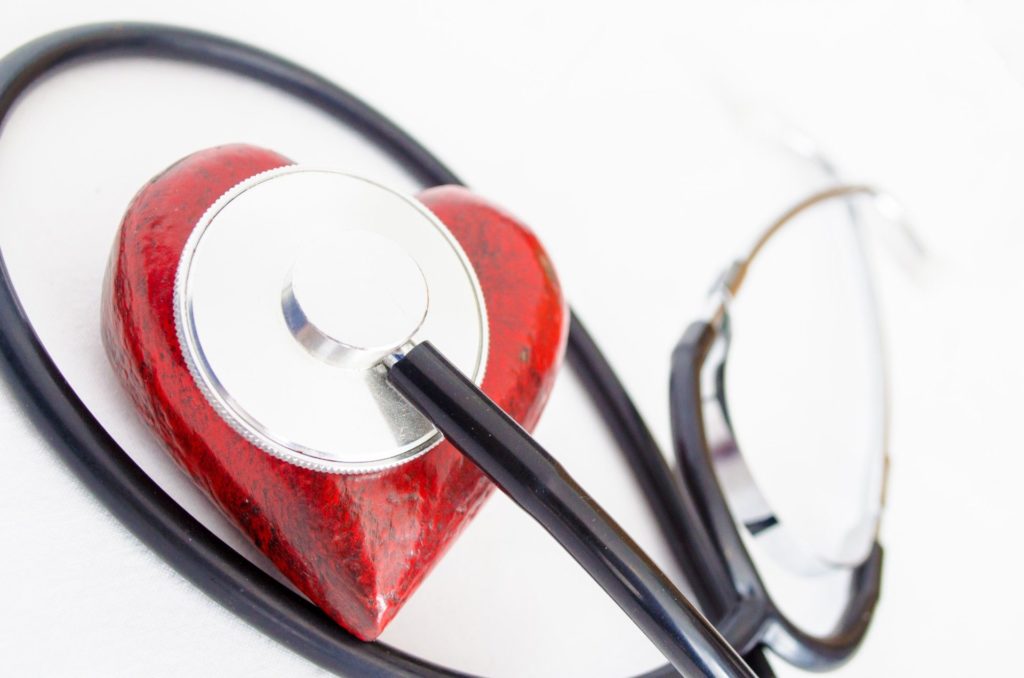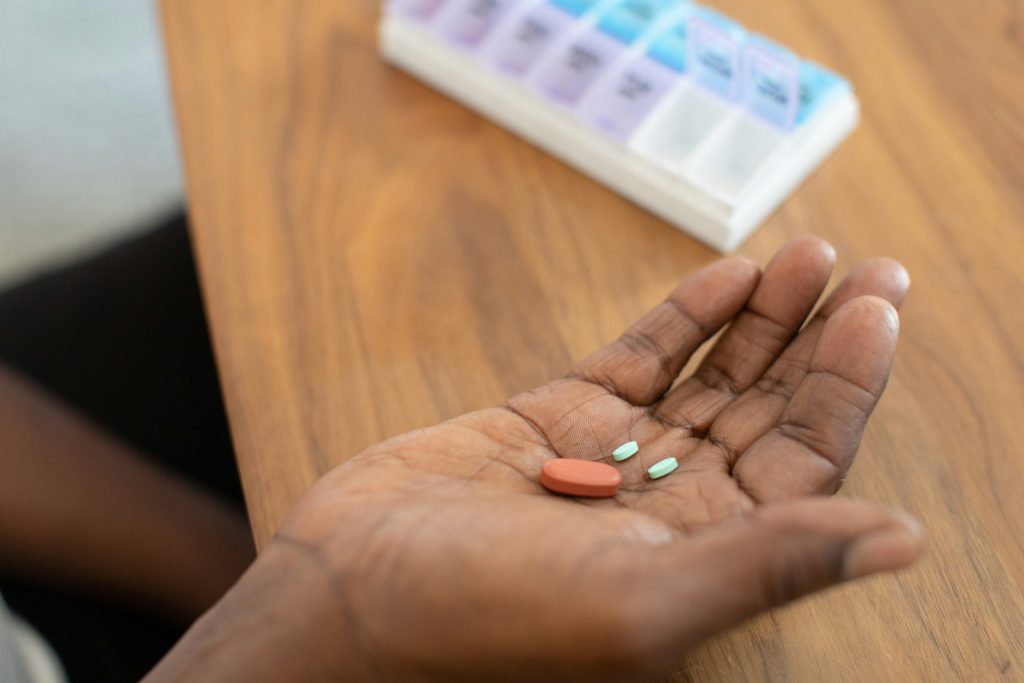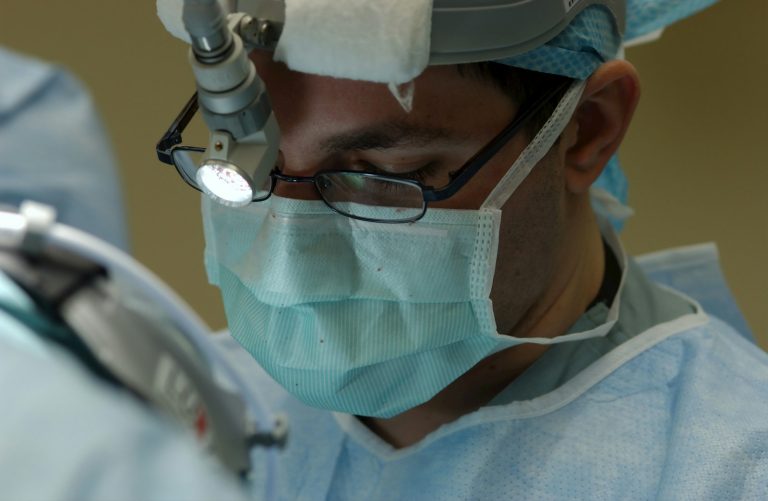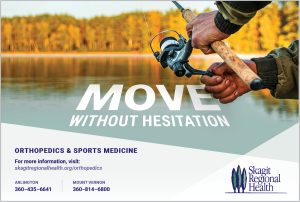Contributed by PeaceHealth St. Joseph Cardiovascular Center – 2020 Spring/Summer

Can you name the leading cause of death among men and women in the United States? You might think it’s cancer, but heart disease is responsible for more deaths than all types of cancer combined. Lifestyle factors such as diet and exercise may help lower heart disease risk, but many are linked to age, genetics or other factors beyond your control. In recognition of American Heart Month, we’re sharing information to encourage you to become heart-smart.
Women and Heart Disease
It’s a common misperception that heart disease mostly affects men. It’s a major cause of death among women. In fact, certain conditions increase a woman’s risk – gestational diabetes and pre-eclampsia, which are complications related to pregnancy, are two examples. Also, the hormone estrogen that helps protect a woman’s heart can reach low levels during menopause and increase heart disease risk. Women can experience different symptoms too. While chest pain is common among men and women, women can also have less obvious symptoms.
“Women often experience nausea, fatigue and shortness of breath several weeks before a heart attack,” says Dr. Kevin Steel, DO. “Since these symptoms are vague and happen with other illnesses, women may not recognize them as signs of something serious. That’s why it’s important to have preventive heart check-ups regularly.”
Atrial Fibrillation
Atrial fibrillation (AFib) is the most common cause of an irregular heartbeat and usually causes the heart to beat much faster than normal. A person with AFib is five times more likely to suffer a stroke than someone with a regular heartbeat.
People with AFib often take medicine to help prevent blood clots. However, medicines can have unwanted side effects, such as bruising or bleeding problems. In recent years, a new device called the WATCHMANTM replaces blood thinners to reduce stroke risk.
“The WATCHMAN is a tiny device that we implant into the heart through a tiny incision near the groin, and then we guide it to the heart through a blood vessel,” explains Dr. Steel. “It usually requires just one night in the hospital, and for many patients who can’t take blood thinners over an extended period, the WATCHMAN is a good alternative.”
Heart Failure
Heart failure happens when your heart can’t pump as much blood as your body needs. It can have several causes, including coronary artery disease, high blood pressure and problems with the valves. Your heart works even harder to pump blood, and your body tries to help by holding on to fluids. Eventually, this causes shortness of breath, irregular heartbeat, and weakness and swelling in your feet and ankles. Treatments, including medicine, pacemakers to control the heartbeat and surgery to repair the heart can help manage heart failure.
Structural Heart Disease
Structural heart disease involves problems with the structure of the heart, including the valves and arteries. Heart failure, for example, can occur when the valve that sends blood from your heart to the rest of your body no longer works properly. Surgery to replace the heart valve is one treatment option, but it is a major surgery and some patients aren’t candidates.
“For patients considered at risk for surgical valve replacement, PeaceHealth St. Joseph offers a newer, minimally invasive option called transcatheter aortic valve replacement (TAVR),” says Dr. Steel.
Heart Disease Testing
Testing for heart disease can help identify problems early and may even save a life. Talk to your doctor about your risk for heart disease and whether an imaging exam or other screening test is an option.
“At PeaceHealth St. Joseph, we offer several tests to screen for coronary artery disease, including calcium score, carotid doppler and fasting cholesterol,” says Dr. Steel. “If patients already have symptoms of heart disease, we have advanced cardiac imaging, and PeaceHealth St. Joseph is one of only three locations in the entire state offering radiation-free, high definition stress testing, known as a stress MRI.”
Make 2020 the year you take care of your heart health. For more information on heart care at PeaceHealth St. Joseph Cardiovascular Center, visit peacehealth.org/heart-and-vascular. To learn more about the state of your heart health, call 360-738-6720 to schedule a 45-minute “Take Heart” screening or visit peacehealth.org/take-heart-screening.





















